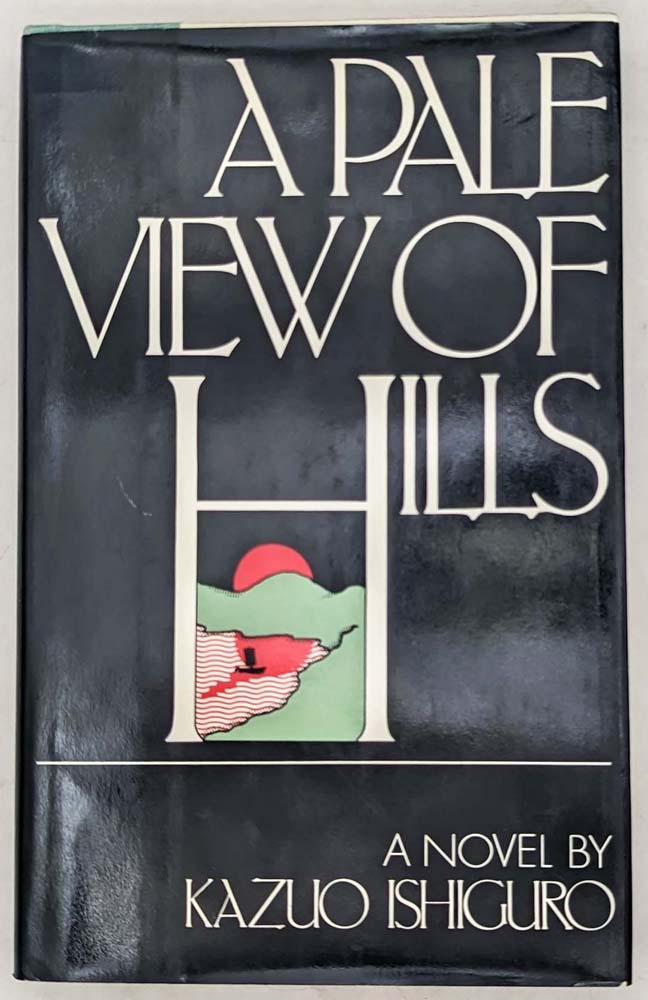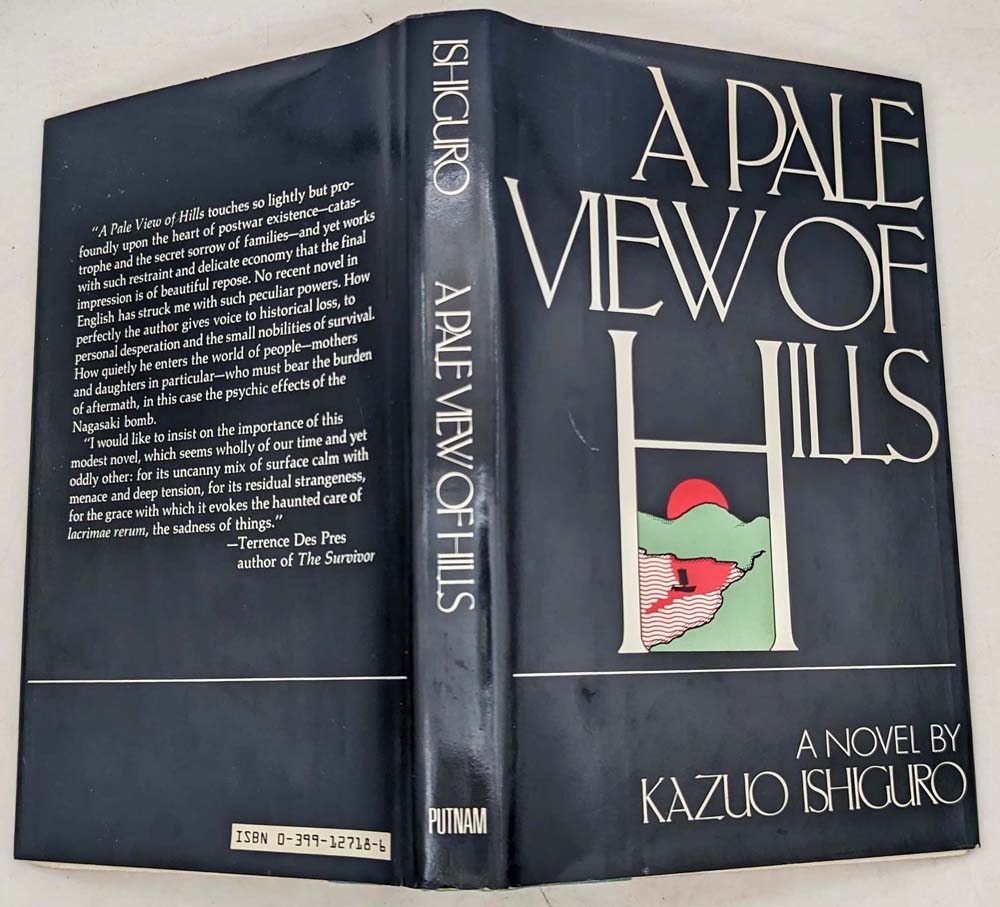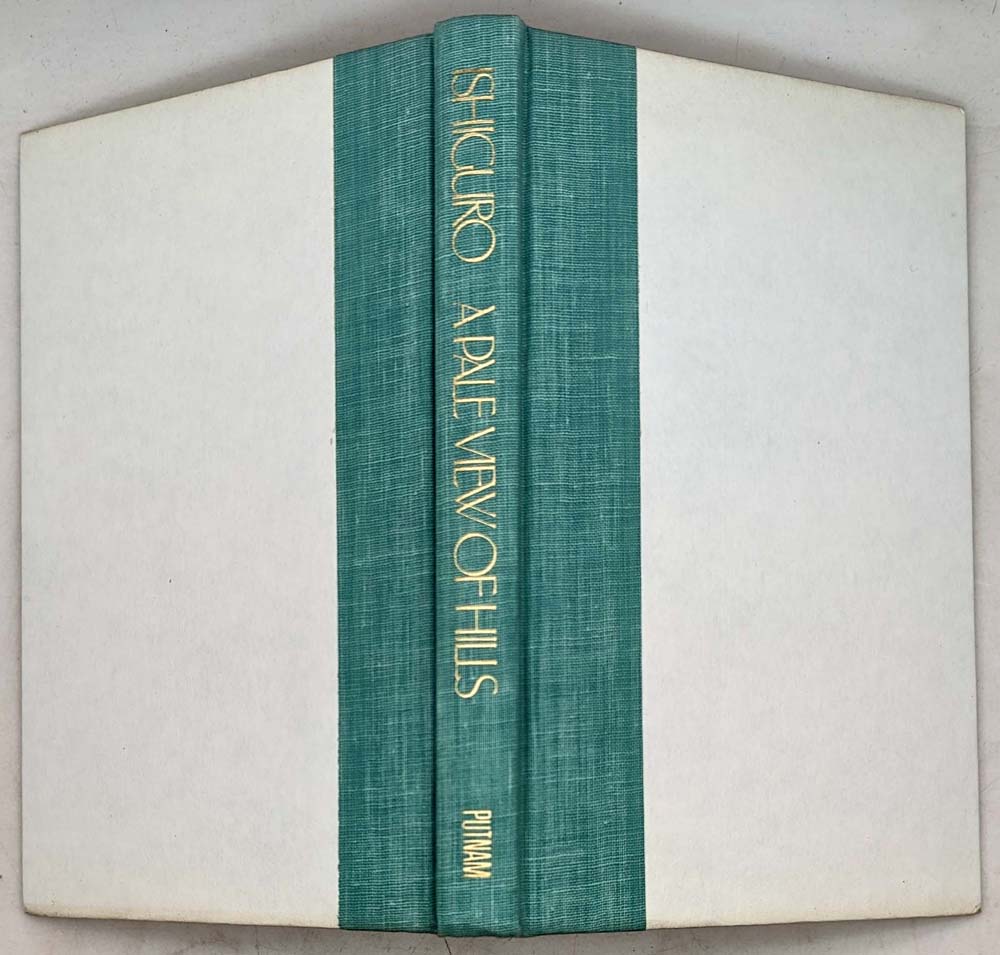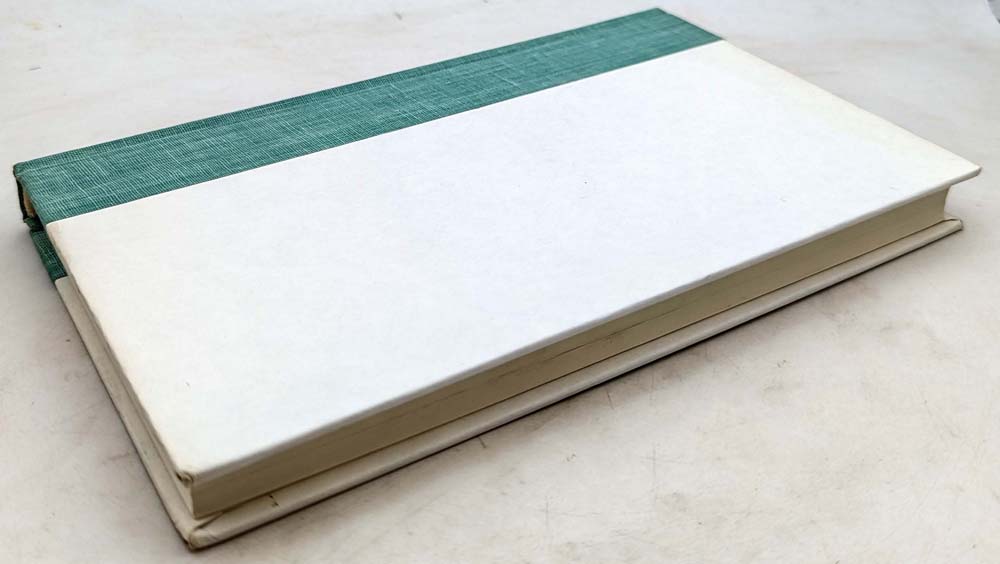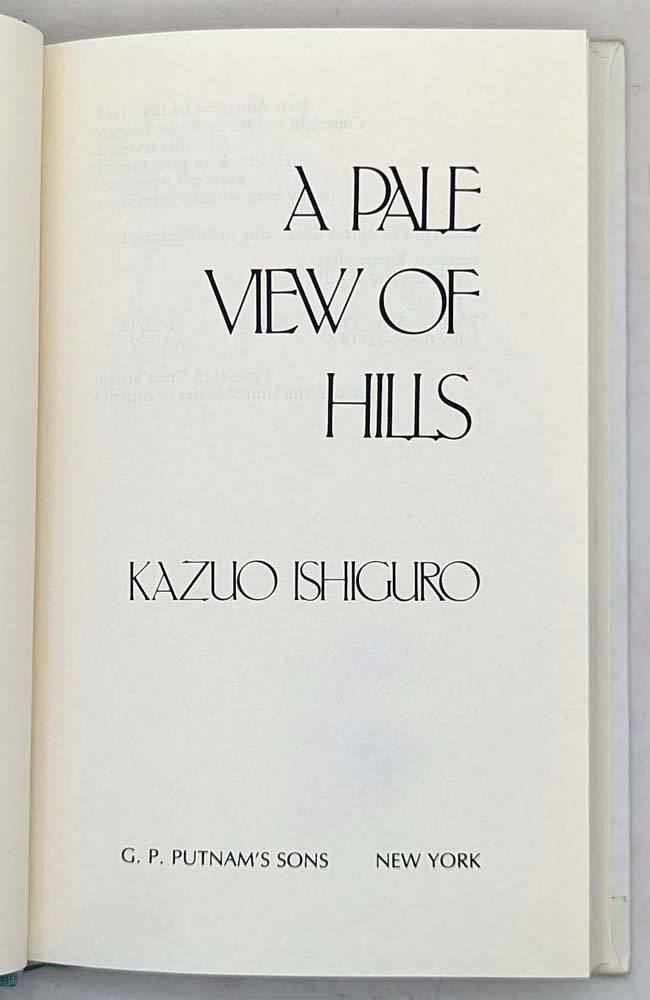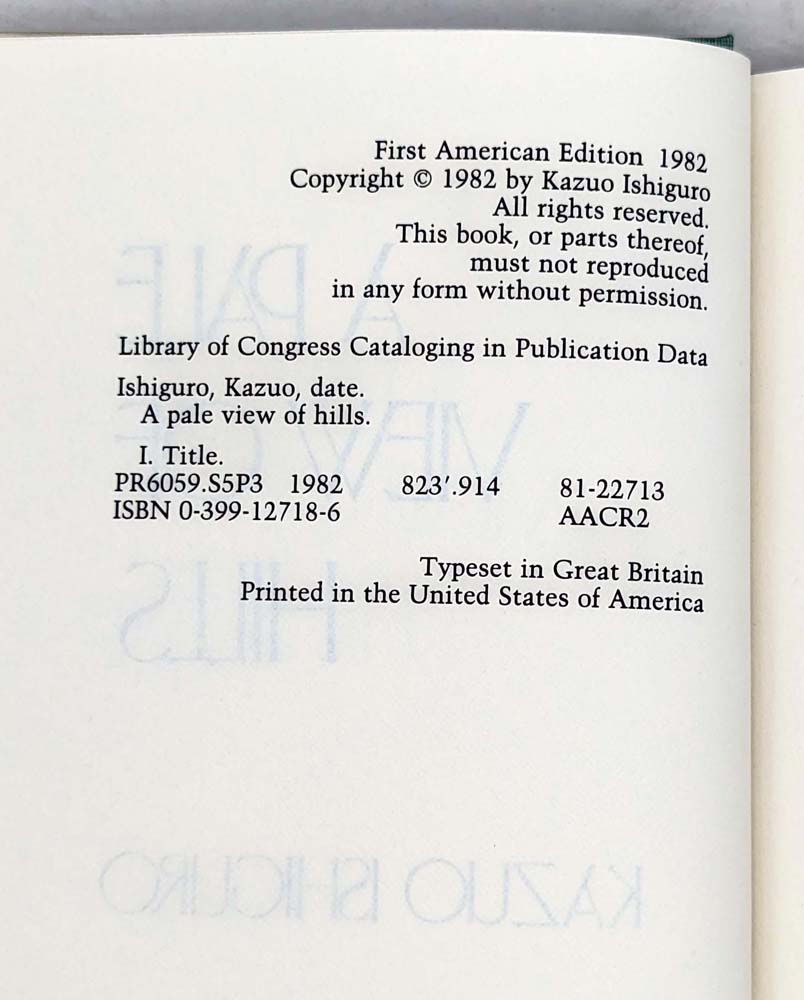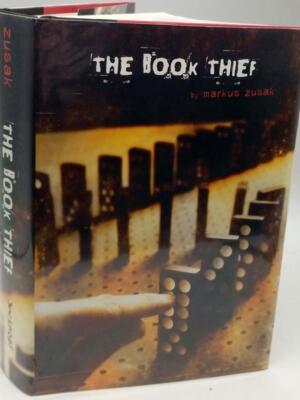Kazuo Ishiguro’s debut novel delicately unravels memory and trauma through the perspective of Etsuko, a Japanese woman living in England, as she reflects on her postwar past in Nagasaki. The narrative intertwines her fragile recollections of a mysterious acquaintance, Sachiko, and her troubled daughter, Mariko, with unspoken grief about her own daughter’s recent suicide. Ishiguro’s restrained prose and unreliable narration create an atmosphere of haunting ambiguity, where truth and illusion blur—a hallmark of his later masterpieces.
If You Appreciated This, Consider:
- An Artist of the Floating World (Kazuo Ishiguro, 1986) – Another meditation on memory and postwar Japan.
- The Remains of the Day (Kazuo Ishiguro, 1989) – A deeper exploration of self-deception and suppressed emotion.
- Kitchen (Banana Yoshimoto, 1988) – A Japanese novel of grief and healing with similar subtlety.
